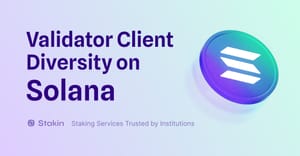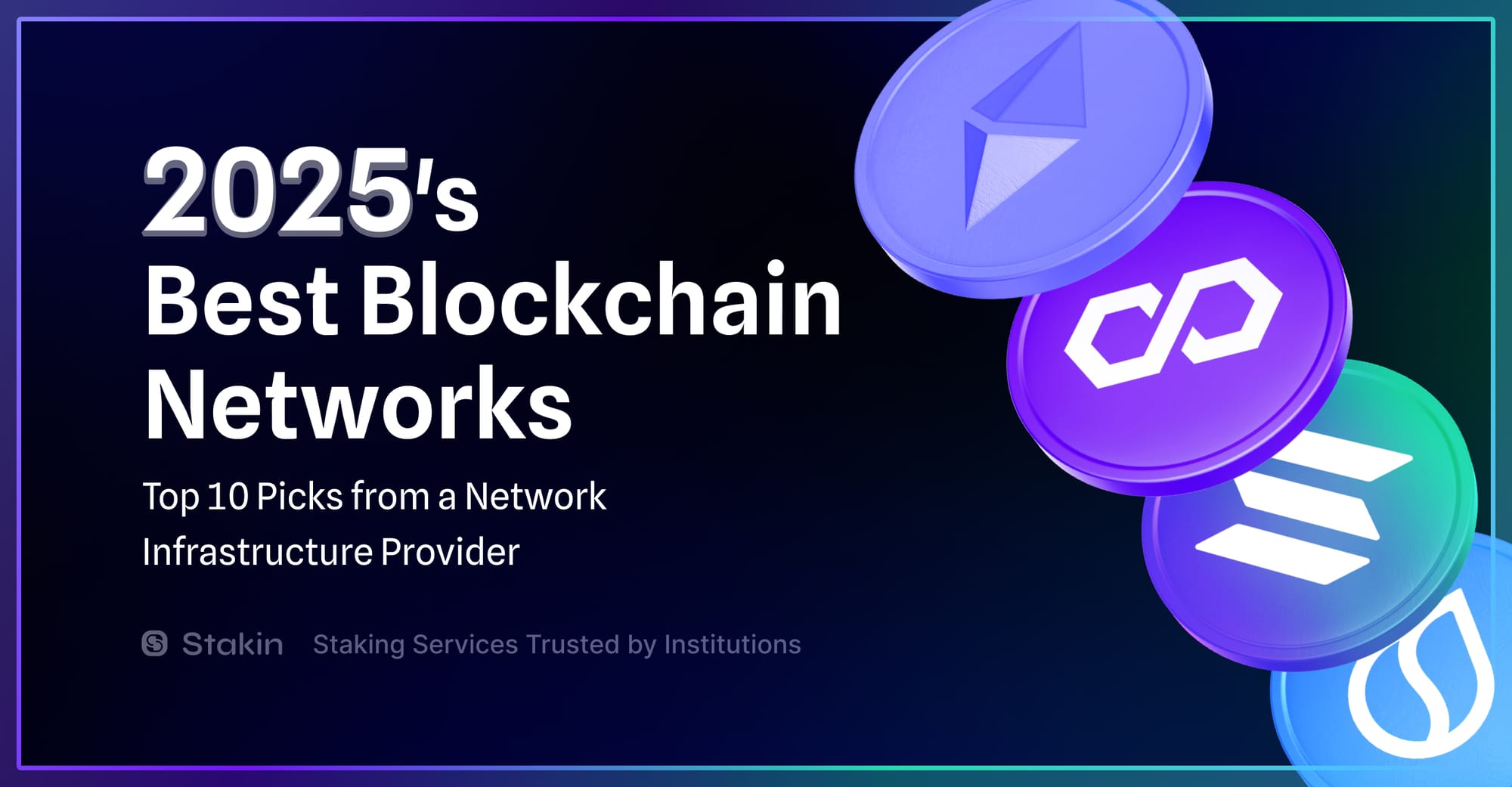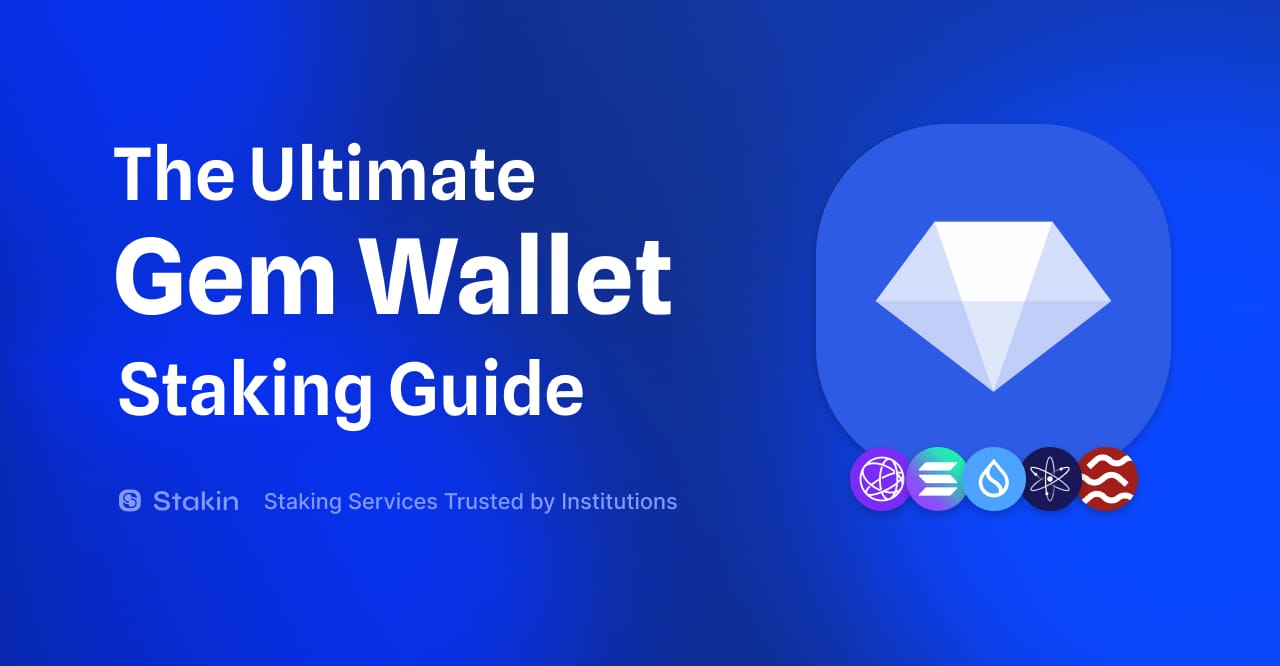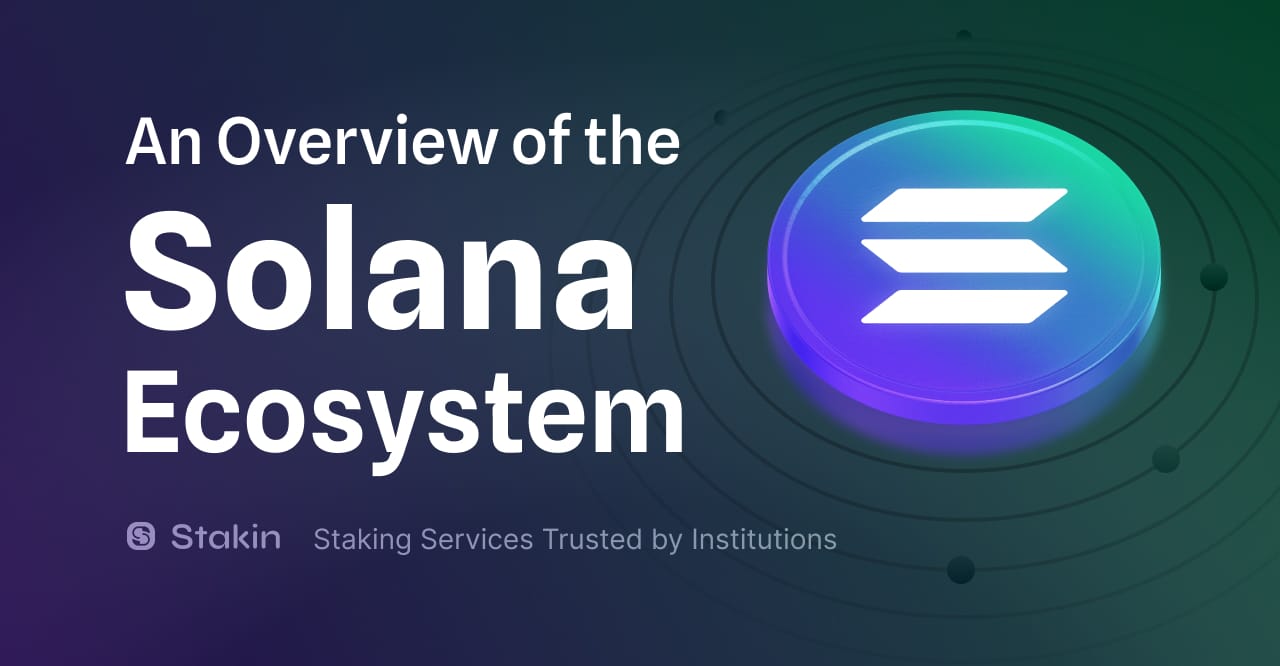Validator client software is crucial for maintaining the security and integrity of Proof-of-Stake networks. These software applications act as a base for validators, using private keys to participate in the consensus protocol by proposing and attesting to blocks. A single validator client can manage numerous validators by holding multiple key pairs.
Regrettably, validator client software is often undervalued and overlooked in blockchain ecosystems. Other aspects such as diversifying and strengthening the blockchain set of node operators often overshadow the importance of validator client diversification.
Humans write software, and make mistakes is human. The software can contain bugs or be compromised e.g. through a supply chain attack. Luckily, most blockchains are open-source, making it easier to catch bugs and attacks. Furthermore, allowing validators to select their validator client themselves – promoting client diversity – is another way to mitigate risks.
Having a diverse set of validator clients is crucial, as it can minimize the impact of bugs, including eventual zero days exploits. If a bug is present in one client, it is less likely that the same bug exists in other clients. This significantly reduces the risk of a single client causing a network outage, especially when multiple clients are utilized simultaneously.
Client diversity is measured through:
- The percentage of stake that’s being run through each client.
- The total number of clients available for use on a blockchain.
According to the March 2023 Validator Health Report published by the Solana Foundation, around 84% of stakes are run through the Solana Labs client. The Jito Labs software client accounts for the other 16%. When Firedancer launches, the diversity will hopefully increase even more.

The total number of clients available on the Solana blockchain is currently two (with one additional client in the works). In comparison, Ethereum has many clients; however, some other PoS networks only have one.
Solana Validator Client by Solana Labs
Initially, Solana Labs developed only one validator client for Solana. The Solana Validator Client offers several features and functionalities, such as a command-line interface (CLI) that allows users to configure and manage their validator nodes efficiently. Users can also generate identity keypairs, create vote accounts, and manage known validators.
Jito Labs Validator Clients for Solana
In August 2022, Jito Labs released the second validator client for Mainnet. The validator client is a fork of Solana Labs code that Jito has built and runs independently. So, let’s have a look at this validator client.
Firstly, Jito Labs is the first MEV infrastructure company to build high-performance systems to scale Solana and maximize validator rewards. The Jito-Solana Client was created to capture MEV and optimize their distribution to network validators and stakers, combating spam and improving network efficiency.
You may also be interested in:
Jito-Solana manages communication with the Jito Relayer and other block engines. The first integration is with Jito Labs Block Engine, but more third-party solutions are available.
The outcome allows validators to earn profits from the MEV taken during their leader slots. Based on the unique fee parameters defined by each validator, this revenue is gathered in a non-custodial manner and prepared for simple distribution to stakers and validators.
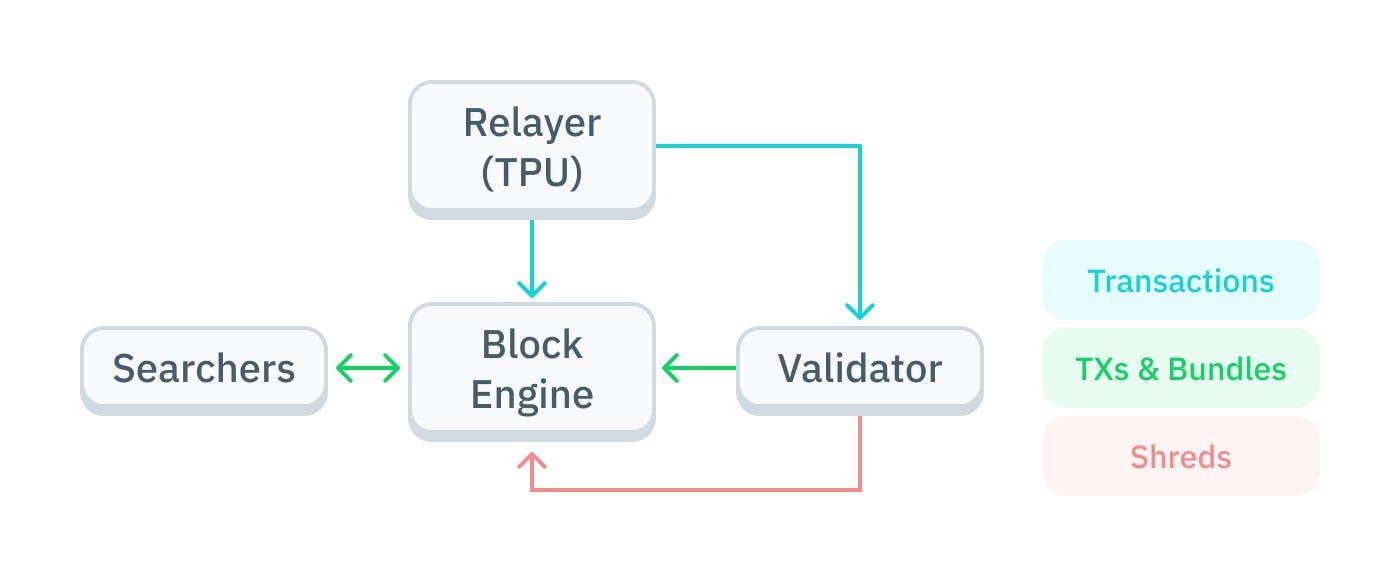
Jito-Solana introduces the concept of bundles as a fundamental feature. This client is entirely open-source, inviting community review and participation. It has undergone audits from Neodyme and Halborn, two highly respected auditors in the field. As an additional precaution, the Foundation has closely monitored the rollout of Jito-Solana.
Regarding transaction fees, the system ensures a transparent and non-custodial process. Fees can be effortlessly deposited into the account of the validator or delegator's choice, maintaining a straightforward and user-friendly experience.
Jito’s globally distributed system is designed with reliability as a top priority, recognizing downtime's critical role in validator and network security. Multiple redundancies have been implemented across the relayer and core client, guaranteeing that validators operate effectively without interruptions.
Stakin is utilizing Jito Labs’ MEV-enabled client for Solana to offer maximized rewards for our delegators, providing them with a unique opportunity to earn significant rewards while contributing to the growth and security of the blockchain ecosystem.
Firedancer for Solana
In August 2022, the launch of a brand-new validator client for Solana, Firedancer, was announced by Jump Crypto. Compared to the original Solana Labs client, built in Rust and with a theoretical throughput of 55,000 transactions per second, this validator client is built entirely in C++ and has a theoretical throughput of one million transactions per second.
C++ offers lower-level control over the hardware and system resources, which allows for finer optimisation of runtime performance. This can be a double-edged sword however as it puts more responsibility on the developers to manage memory safely.
Firedancer is designed to offer increased performance and scalability. With Firedancer, a validator can process 1.2 million transactions per second. Early samples of the Firedancer client indicate promise for adding redundancy and enhancing the performance of the Solana network.
Jump Crypto's Firedancer client may reduce the cost of running Solana nodes in addition to improving performance because it is made to be more performant, which could lead to lower operating costs for node operators.
Using the Firedancer client offers a range of expanded benefits:
Firstly, it significantly improves performance and scalability by supporting more concurrent transactions and implementing sharding. This enhances the overall efficiency and scalability of the Solana ecosystem.
Secondly, the Firedancer client offers better reliability through various optimizations and enhancements. This should theoretically lead to fewer downtime incidents and a more stable network. Firedancer is, as any crucial piece of infrastructure as a validator client should be, open source. This fosters community involvement and allows continuous improvement. With ongoing support from developers and contributors, the Firedancer project is poised for continual advancement.
It is crucial to consider the tradeoffs when switching to the Firedancer client. Firstly, it is a newer technology, still in development, and may have some bugs or issues that require further refinement. Finally, a learning curve is associated with adopting the Firedancer client: node operators must familiarize themselves with its usage and update their existing processes and systems to accommodate the new client.
Final Thoughts
While most of the current validator network uses the original Solana Labs client (84% of the current validators as of March 2023, according to the Solana Foundation), an increasing percentage (16%) opts to use Jito Labs’ software. Once Firedancer launches, the diversity will hopefully increase even more.
The decentralized network benefits from more validator nodes, which increases resiliency by eliminating single points of failure. As long as either the original client or Firedancer remains operational, the network can anticipate fewer instances of downtime.
Alternatives to Solana Labs' Solana Validator Client, like Jito-Solana and Firedancer, offer enhanced performance, scalability, and reliability. While adopting these clients has tradeoffs, such as potential bugs and a learning curve, they contribute to a more resilient and cost-effective network. Embracing alternative validator clients is crucial for Solana's future growth and security.
Footnotes
- Validators Solana: https://solanabeach.io/validators
- Clients Solana: https://solana.com/nl/news/validator-health-report-march-2023
- Validators Polygon: https://staking.polygon.technology/
- Polygon Clients: https://polygonscan.com/nodetracker
- Clients Ethereum: https://ethereum.org/en/developers/docs/nodes-and-clients/#execution-clients, https://ethereum.org/en/developers/docs/nodes-and-clients/#consensus-clients
- Unique nodes Ethereum: https://etherscan.io/nodetracker
- Validators NEAR: https://explorer.near.org/nodes/validators
- Clients NEAR: https://near-nodes.io/validator
- Validators Cosmos: https://www.mintscan.io/cosmos/validators
- Clients Cosmos: https://docs.tendermint.com/v0.34/tendermint-core/light-client.html
DISCLAIMER: This is not financial advice. Staking, delegation, and cryptocurrencies involve a high degree of risk, and there is always the possibility of loss, including the failure of all staked digital assets. Additionally, delegators are at risk of slashing in case of security or liveness faults on some protocols. We advise you to do your due diligence before choosing a validator.
